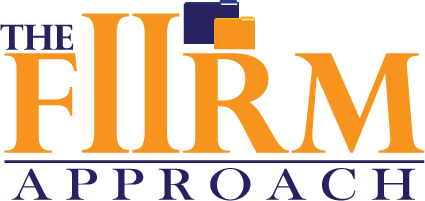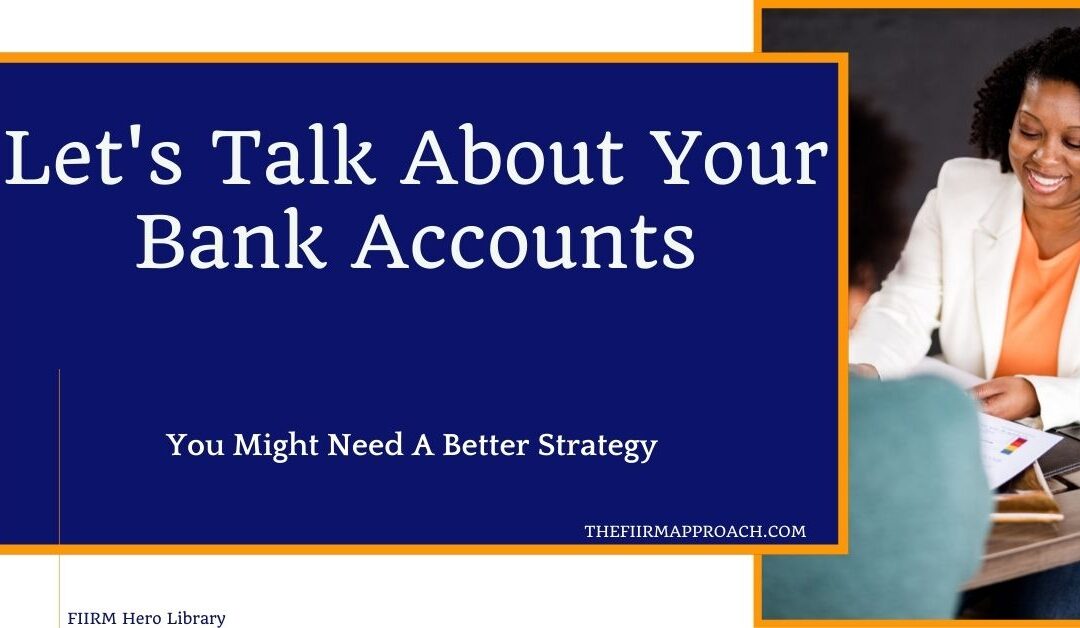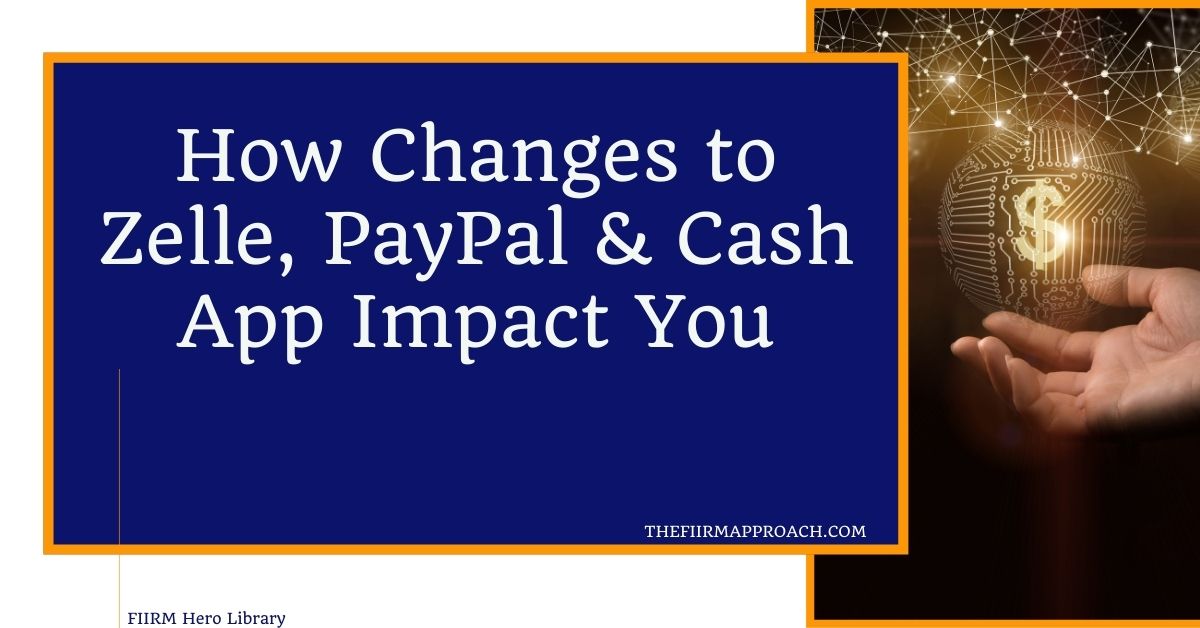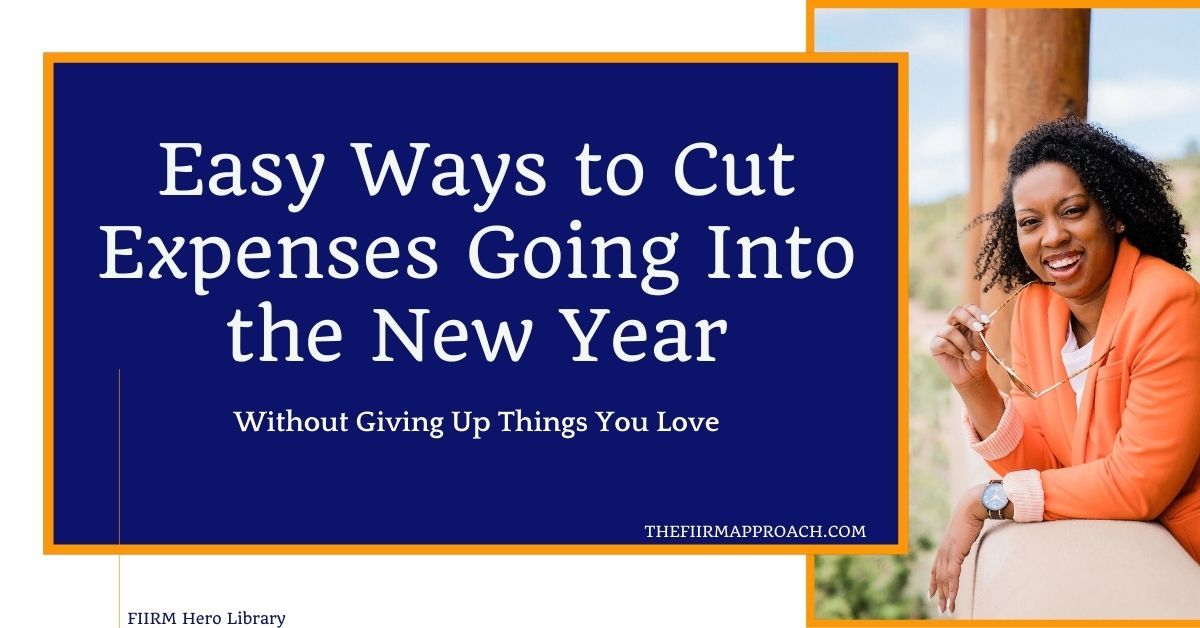
New Experiences Don’t Have to Be Expensive

New Experiences Don’t Have to Be Expensive
New Experiences Don’t Have to Be Expensive
Escaping When Life Feels Heavy
I don’t know about you but life feels heavy often. BUSY + heavy!
It can be hard to find a place of calm, stillness, peace, and sometimes plain ol’ fun.
But in this unprecedented “pandemic” life, it’s necessary to find something you can do that will break the cycle of your day-to-day life.
Something to give you peace, regardless of how little time it is. Every little moment counts.
The other obvious thing about life in 2022, is that it’s expensive as hell 🤣
Gas, food, clothing, airfare, hotels – you name it – it’s probably way more than you’re used to paying.
However, I have a few suggestions for you that may help ease the pain on your wallet and give you peace of mind.
If you need a break from fighting with your husband, taking care of the kids, or the stress of your demanding career, check out these ideas and see if there’s something that can save you (at least for a few hours).
Get Deals on Concerts & Comedy Shows
Entertainers are back on stage.
Large multi-city tours, regional tours, and some pop-up shows.
For the first four months of 2022, I’ve seen 4 live music concerts and it was everything I needed it to be each time.
For larger venue events, if you are unable to get a ticket before the bots or brokers buy them all and resell them for 2-3x the price, I have a solution for you.
If a show appears to be sold out (tickets only available through the secondary market), check the ticketing site the day of the show. Miraculously the seats that were completely unavailable, or priced astronomically, may become available at a very reasonable price.
This move can be a little risky depending on the act, venue, and location, but totally worth trying if you are “dying” to see the show (at a discount).
This recently happened to me for two shows that I bought tickets for during presale or on the secondary market and I was shocked (and a bit peeved) to see the number of tickets available that day that were not available JUST the day before.
For some resale tickets, people even drop the price 20-40% lower than what they paid for them, just to get rid of them and not take a total loss.
This could totally be your gain!
Try AirBnB Experiences
Glassblowing for $50-60 per person (pp)
Sail on a private yacht – $100-150 pp
Architecture Walking tours – $30-40 pp
Underground Donut Tour – $40 pp (not even sure what that means but it sounds intriguing)
These are just some of the experiences available in Chicago on AirBnb Experiences.
Be a tourist in your own city or a nearby city.
Ask a friend to join you for something cool, new, and exciting without having to plan an entire trip.
Most cities offer really cool AirBnb Experiences for you to try.
Check out what’s offered in your area. You might be pleasantly surprised.
Be a Tourist Using CityPass or BigBusTour
When I travel to other cities with plenty of attractions I have signed up for CityPass or BigBus tours because it often seems like the most efficient & affordable way to see the city.
You get to choose what attractions you spend more time with and which ones you skip. Citypass and BigBus tickets typically cost between $50-$100 per person.
When MeetUp.com Comes in Handy
Most of us forget about the vast offerings of meetup.com to attend events and meet other people in your local area with similar interests. Meetups include sporting events, mental health activities, book clubs, technology, lifestyle groups, and more. If you can think of it, whatever “it” might be, there is likely a meetup for it.
Some meetups are free and others have a cost.
Joining Meetup.com is free and it just might be the thing you need to find some “new” people & start over.
Hideaway in a Local Hotel
Sometimes we need a mental health day and we stay home. What about taking your mental health day in a local hotel?
The change of scenery, without the laundry or dishes staring at you, can provide more peace of mind than you think you need.
If you haven’t used your Marriott, IHG, Hilton, or other hotel points recently, this might be a good enough reason.
If you have credit card points that can be used toward a hotel, this can greatly reduce or eliminate the cost of this hide-a-way mental health day.
Companies like Betterbidding.com can guide you through the steps to get the best deal possible on hotels, especially during off-peak times.
Now if it were me, I would pick the fanciest hotel I could find at the best price, because I love luxury hotel experiences.
Regardless of what you do, just make sure you feel right & light about the decision.
Relieve your stress, it shouldn’t be stressful. Don’t overthink it.
I hope you can find something that gives you the moments of peace & joy you need.

Nikki Tucker
Founder & Managing Director
Nikki is a 16-year financial services professional, a Certified Divorce Financial Analyst ®, and the primary divorce financial strategist for The FIIRM Approach. She helps female breadwinners prepare for divorce to avoid common financial mistakes and confidently maintain their financial security. She uses proven strategies within the FIIRM Approach methodology so her clients can manage their money, debt, and credit in their new financial life. TAKE ACTION & LEARN about the tools that can help make your new money life easier. Grab your FREE Ultimate Resource Guide HERE.











Recent Comments